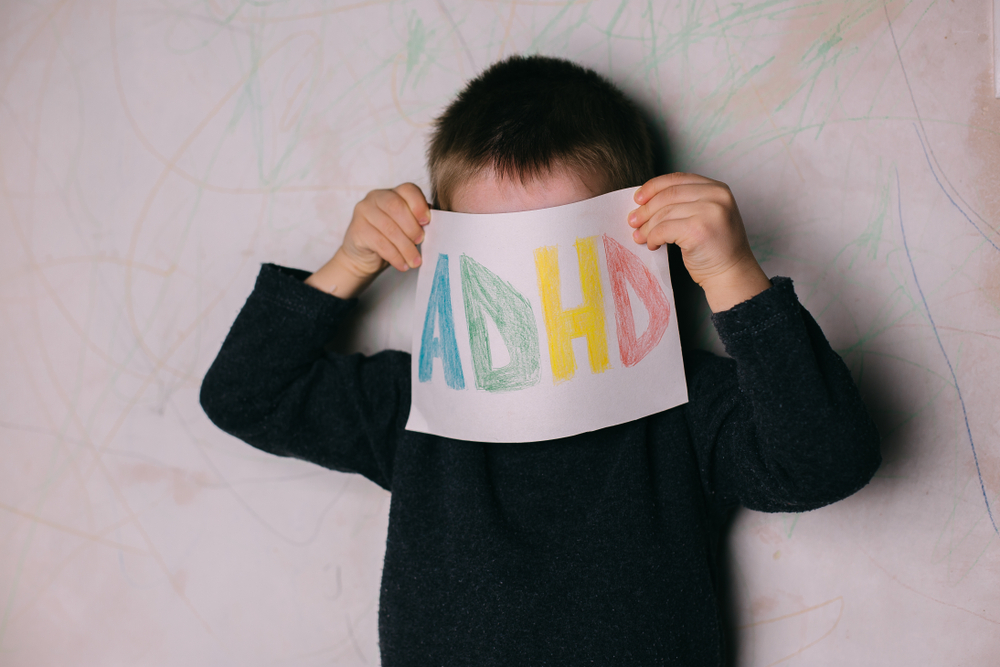Having ADHD can severely impact how students can thrive in school, especially if it is undiagnosed. Schools, as institutions of education, should be the first to spot potential issues that can affect their students education.
With that in mind, in this blog, we will explore the question ‘How can schools better support students with ADHD’
The Brain Workshop is a dedicated team of professionals devoting to working with individuals who struggle with learning, in addition to those who want to learn how to learn to the best of their ability.
Our mission is to help turn people’s learning weaknesses into strengths. Regardless of age or profession, our compassionate team is here to provide testing, training tools, patience, and compassion to help our students thrive by realizing their potential.
The Impact of Undiagnosed ADHD on Students
Undiagnosed ADHD can have profound and lasting consequences for students. Without appropriate support, children with ADHD often struggle academically, socially, and emotionally.
Academically, students with undiagnosed ADHD may experience difficulty concentrating, following instructions, and completing tasks. These challenges can lead to poor grades, falling behind peers, and developing a negative attitude towards school. Frustration and low self-esteem often accompany academic struggles.
Social difficulties are also common. Impulsivity, difficulty controlling emotions, and challenges with peer interactions can lead to social isolation and rejection. This can have a devastating impact on a child’s self-worth and emotional well-being.
Behavioural issues can arise as well. Undiagnosed ADHD can manifest in hyperactivity, impulsivity, and oppositional behaviour. These behaviours can lead to conflicts with teachers, parents, and peers, creating a disruptive environment for everyone involved.
The long-term effects of undiagnosed ADHD can be far-reaching. Students may struggle with time management, organisation, and procrastination, impacting their ability to succeed in higher education and the workplace. Additionally, untreated ADHD can increase the risk of developing other mental health conditions, such as anxiety and depression.
It’s crucial to recognise the signs of ADHD and seek professional evaluation if concerns arise. Early diagnosis and intervention can significantly improve a child’s life outcomes.
What are the emotional needs of children with ADHD
Children with ADHD often face unique emotional challenges. While they experience the same range of emotions as their peers, they tend to experience them more intensely and have difficulty regulating them.
- Understanding and acceptance: Children with ADHD often feel different and misunderstood. They crave acceptance and understanding from their peers, family, and teachers.
- Self-esteem: Due to academic struggles, social difficulties, and frequent criticism, children with ADHD can develop low self-esteem. They need consistent positive reinforcement and encouragement.
- Emotional regulation: Managing strong emotions like anger, frustration, and sadness can be challenging. They require support and strategies to develop emotional regulation skills.
- Sense of belonging: Feeling connected and valued is crucial for their emotional well-being. A strong sense of belonging helps build resilience and self-confidence.
- Consistency: Children with ADHD thrive on routine and predictability. Consistent expectations and routines provide a sense of security and reduce anxiety.
It’s important to remember that every child is unique, and emotional needs can vary. However, addressing these core emotional needs can significantly improve the quality of life for children with ADHD.
How can schools better support students with ADHD

ADHD presents unique challenges for students in the traditional classroom setting. Schools can play a pivotal role in creating an environment that supports these learners.
Internal School Support
- Teacher Training: Providing comprehensive training on ADHD to all staff is essential. This should include understanding the condition, its symptoms, and effective strategies for classroom management.
- Individualised Education Plans (IEPs): Developing tailored IEPs for students with ADHD is crucial. These plans should outline specific accommodations and modifications to support the student’s needs.
- Classroom Environment: Creating a structured and organised classroom can be beneficial. Clear routines, visual aids, and designated workspaces can help students stay focused.
- Short Breaks: Incorporating short, frequent breaks into the lesson can help students with ADHD to refocus and recharge.
- Positive Reinforcement: Recognising and rewarding positive behaviours can significantly boost a student’s self-esteem and motivation.
- Collaboration with Parents: Regular communication between teachers and parents is vital for a consistent approach to supporting the student.
- Peer Support: Encouraging peer support or buddy systems can help students with ADHD feel more connected and supported.
External Support
- Early Identification: Implementing screening tools to identify potential ADHD cases at an early age can facilitate timely interventions.
- Collaboration with Healthcare Professionals: Working closely with psychologists, psychiatrists, and other specialists can provide valuable insights and support.
- Access to Resources: Providing information and resources to parents and students about ADHD can empower them to seek additional support.
- ADHD Specialists: Employing or contracting ADHD specialists can offer specialised support and guidance within the school.
- Community Partnerships: Collaborating with local organisations that support individuals with ADHD can provide additional resources and services.
By implementing these strategies, schools can create a more inclusive and supportive environment for students with ADHD, enabling them to reach their full potential. It’s essential to remember that every student is unique, and a combination of approaches may be necessary to find the most effective support.
Do students with ADHD need to learn separately from other students?

While some students with ADHD may benefit from specific accommodations or support, the emphasis is on creating an inclusive learning environment where all students can thrive.
This often involves providing modifications to teaching methods, classroom structure, or assessment to cater to the specific needs of students with ADHD.
For example, a student with ADHD might benefit from having clear instructions, a quiet workspace, or extra time to complete tasks. These adjustments can be made within the regular classroom setting without isolating the student.
The key is to find the right balance between providing necessary support and fostering a sense of belonging within the classroom community.
What learning style is best for students with ADHD
While there’s no one-size-fits-all learning style for students with ADHD, research suggests that multisensory and hands-on approaches are often most effective.
Key Learning Styles for Students with ADHD:
- Kinaesthetic Learning: This style involves learning through movement and hands-on activities. It often suits students with ADHD well, as it keeps them engaged and active. Examples include using manipulatives, role-playing, or physical demonstrations.
- Visual Learning: Visual learners benefit from information presented in a visual format. Using diagrams, charts, and graphs can help students with ADHD process information more effectively.
- Auditory Learning: While traditional auditory learning might be challenging for some students with ADHD, combining it with visual aids or kinaesthetic activities can be beneficial. For example, listening to audio recordings while following along with a text or completing a task.
It’s essential to remember that many students with ADHD are a combination of learning styles. A multimodal approach that incorporates visual, auditory, and kinaesthetic elements can be most effective.
Additionally, the learning environment plays a crucial role. A structured, organized, and stimulating classroom can help students with ADHD focus and engage. Short bursts of activity followed by focused work periods can also be beneficial.
It’s important to note that individual needs vary, and what works for one student might not work for another. A personalized approach, with close collaboration between teachers, parents, and the student, is key to determining the most effective learning strategies.
Help for ADHD

If you are looking to optimize your learning potential, with the guidance of seasoned professionals with a wealth of experience, The Brain Workshop is here to help.
With courses available online and more, feel free to get in contact with us to see how we can help you today. Simply click here to get in touch.
In this blog, we hope to have addressed how can schools better support students with ADHD?’ whilst providing supplementary information, in addition to the vital services that we offer.
Contact Number:
+9714 24 34 620
Email:
info@thebrainworkshop.com
Address:
Office 216,
Apex Atrium Building,
Motor City
P.O.Box :
215578 Dubai, UAE






